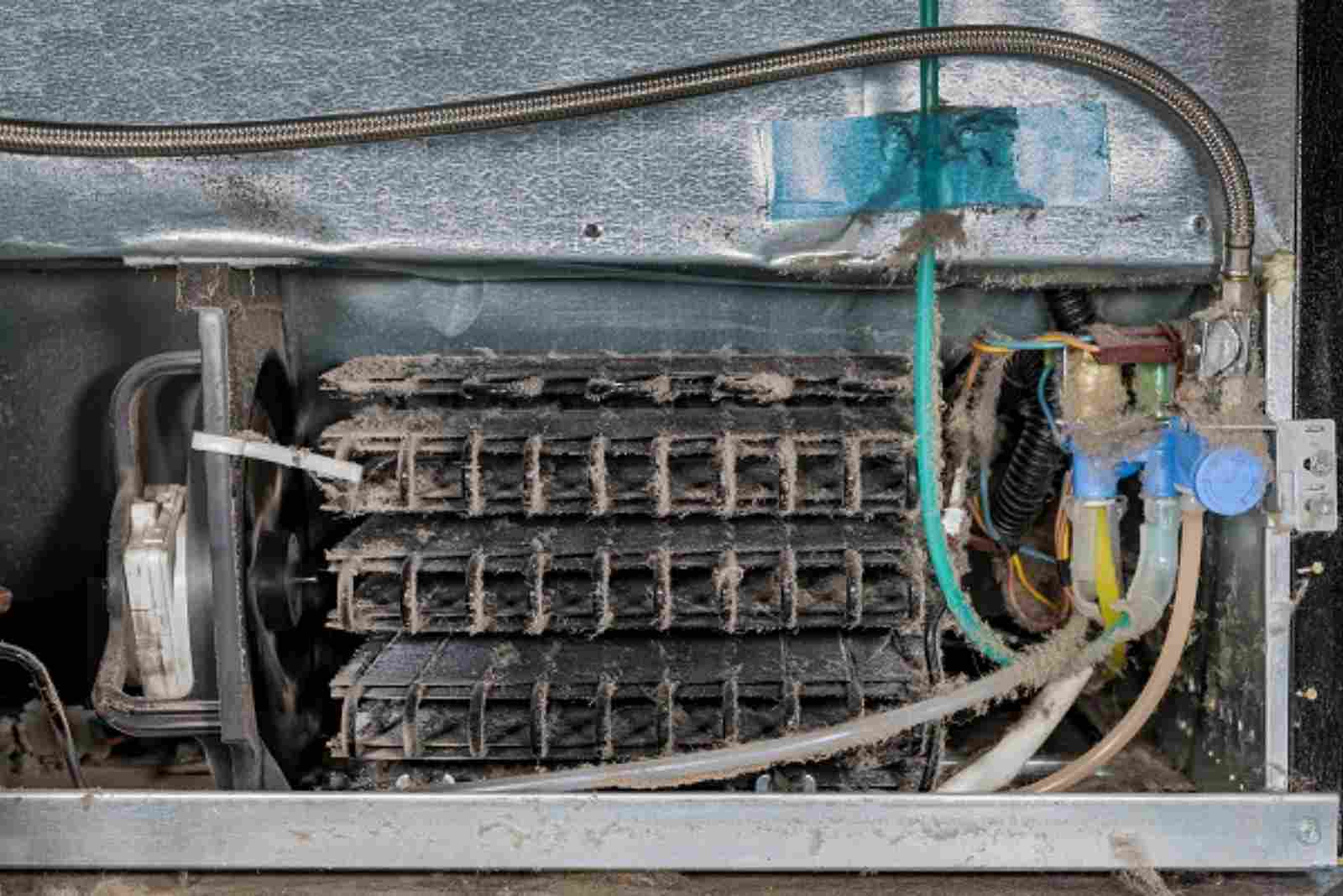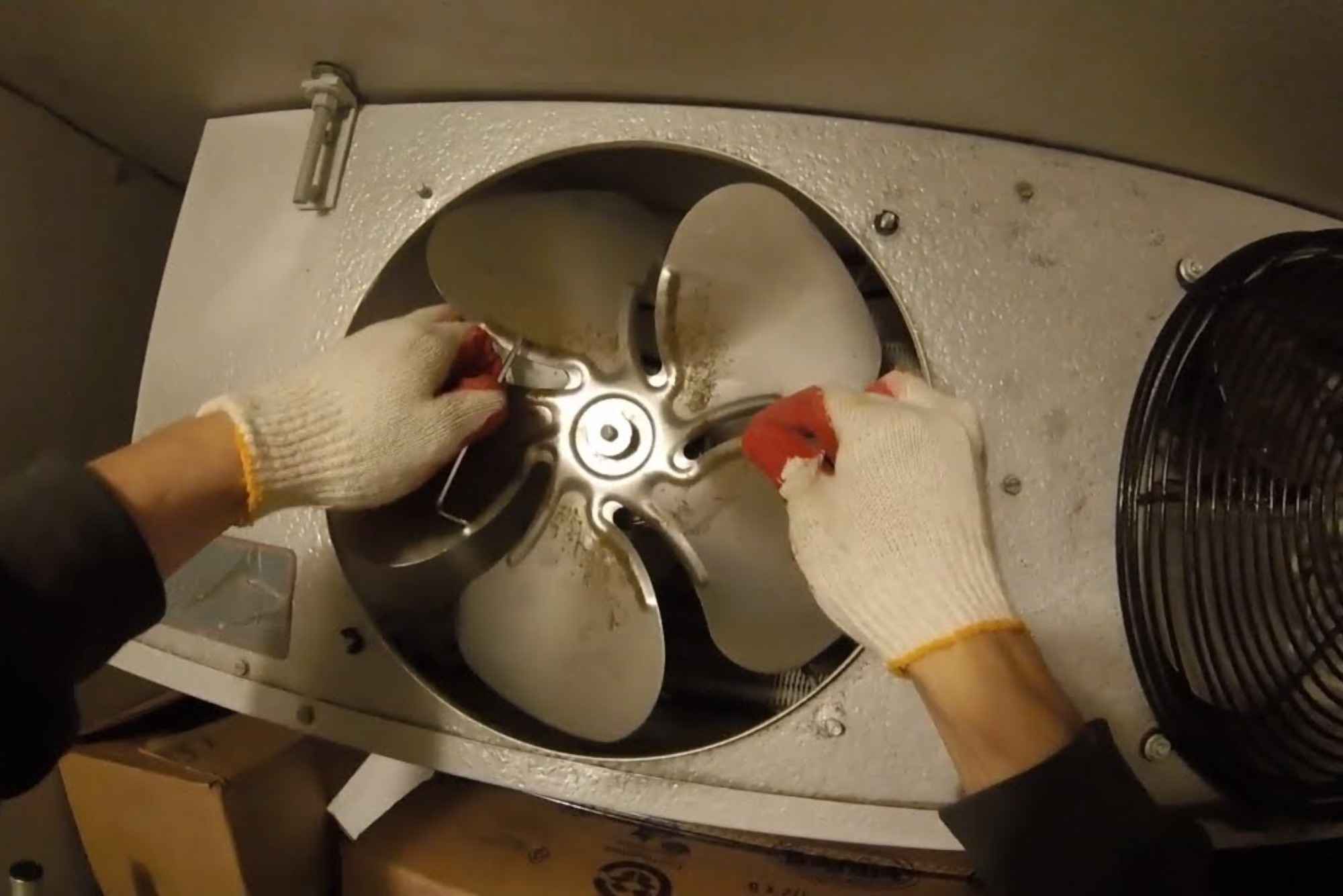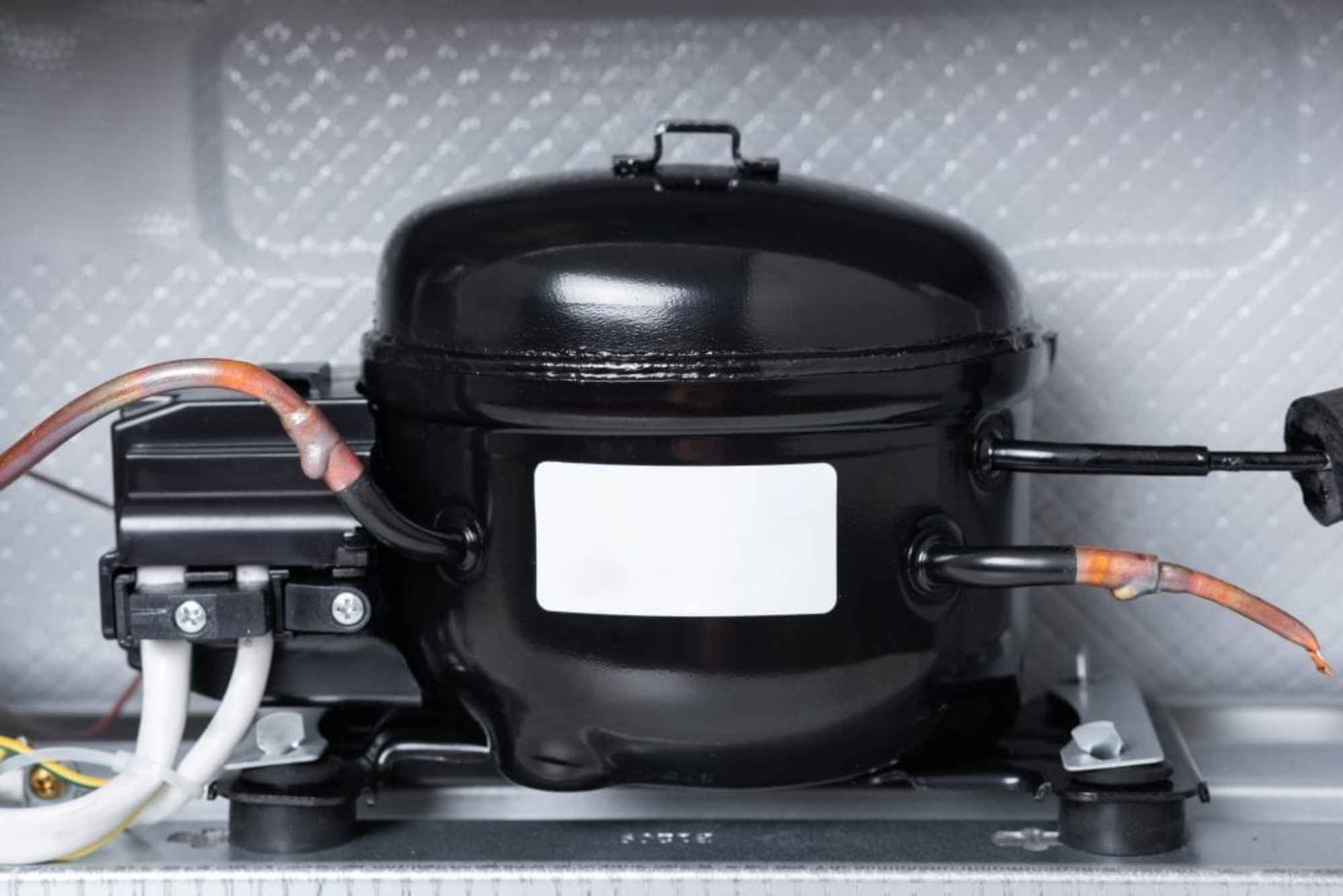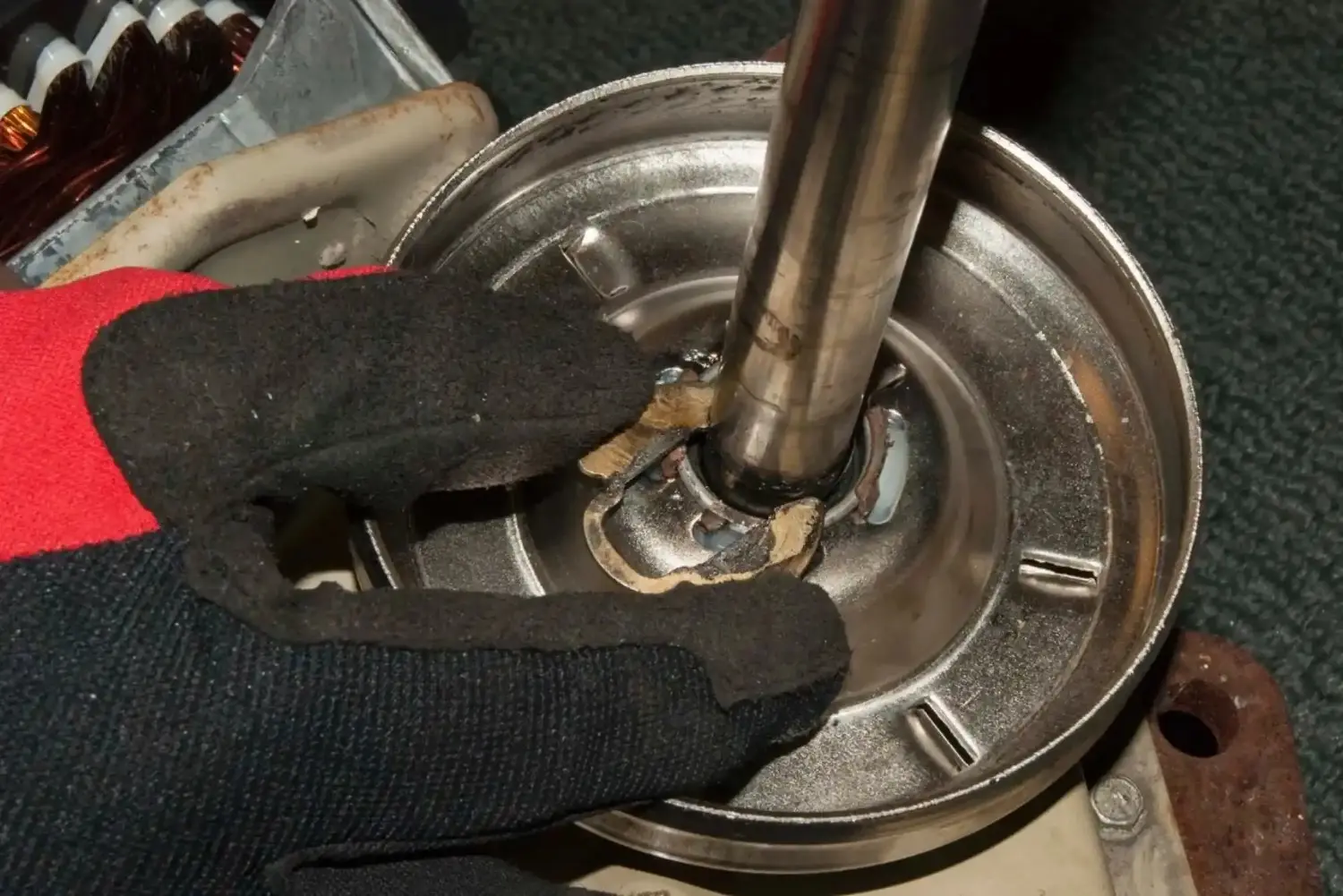A refrigerator is one of the most used appliances in any home, working continuously to keep food fresh and safe. However, when it starts making loud or strange noises, it can quickly become a source of concern. From humming and buzzing to knocking or rattling, these sounds often signal that something inside the unit isn’t functioning properly. Understanding why your fridge is making loud noises helps prevent costly repairs and ensures it continues to operate efficiently.
The Importance of a Quiet Refrigerator
A refrigerator is designed to operate quietly, producing only a soft hum when the compressor runs or the fan circulates cool air. When that sound becomes noticeably loud, irregular, or constant, it’s usually a sign of wear or malfunction. Ignoring these noises can lead to bigger issues, such as reduced cooling efficiency, energy wastage, or even total system failure. Addressing these sounds early helps extend the lifespan of your fridge and saves you from expensive breakdowns in the future.
Common Causes of Loud Fridge Noises
When a fridge makes loud noises, the reason can be mechanical, electrical, or environmental. In most cases, the sound comes from components that are wearing out or struggling to perform. One of the most frequent causes is a malfunctioning evaporator fan motor, located inside the freezer compartment. This fan circulates air between the freezer and refrigerator sections. When it becomes faulty or obstructed by ice, it can produce a loud humming or grinding noise.
Another common source is the condenser fan motor at the back of the refrigerator. Dust buildup, worn bearings, or loose blades can cause it to rattle or vibrate. The compressor, which is the heart of the cooling system, can also become noisy when it ages or starts to fail. A healthy compressor produces a steady hum, but a failing one might make clicking or knocking sounds, signaling that it’s struggling to start or maintain pressure.
Sometimes the problem is external. If your refrigerator is not leveled properly or is placed too close to a wall, the vibration from normal operation can echo, making the noise seem much louder. Even something as simple as a loose shelf, a bottle vibrating against another, or the ice maker cycling can contribute to unwanted sounds.
Humming and Buzzing Noises
A light humming sound is normal for most refrigerators. It usually comes from the compressor or the fan motor. However, if the humming becomes louder than usual, it could be a sign that the compressor is overworking due to temperature imbalances or restricted airflow. When dust and debris accumulate on the condenser coils at the back or underneath the appliance, the compressor must work harder to maintain the correct temperature, which increases noise. Regular cleaning of these coils is an essential maintenance task that many homeowners overlook.
If the noise is more of a buzzing sound, check if it coincides with the ice maker filling with water. Sometimes, a buzzing noise can occur when the ice maker is on but not connected to a water supply. Turning off the ice maker in such cases can stop the sound immediately.
Rattling and Vibrating Noises
Rattling is often caused by something that has come loose. It could be the condenser fan blades hitting against debris, or the refrigerator itself may be vibrating against the floor or wall. Make sure the fridge repair is level by adjusting its front legs and leaving enough clearance from surrounding surfaces. If rattling continues even after these adjustments, the issue may lie inside the compressor or motor mounts.
In older refrigerators, vibration noises can also come from worn-out internal parts. When components like the fan motor mounts or screws loosen over time, they can produce repetitive rattles. A technician can quickly identify and tighten these parts to restore quiet operation.
Knocking or Banging Sounds
If your refrigerator produces a knocking or banging sound, it might be related to the compressor starting and stopping. These sounds are normal to some extent, as the compressor cycles on and off during operation. However, continuous or sharp knocking could point to a failing compressor or internal parts coming loose.
Another possible cause of knocking is the refrigerant lines. When the refrigerant expands or contracts as it circulates, it can produce tapping noises against the walls or tubing. While this is typically harmless, excessive or irregular knocking should be checked by a professional to ensure there are no blockages or leaks in the refrigerant system.
Clicking and Popping Noises
A clicking sound coming from the back of the refrigerator often comes from the start relay attached to the compressor. If the compressor is struggling to start, the relay may click repeatedly. This is a clear indication that either the compressor or relay is failing and needs professional attention.
Popping noises, on the other hand, are generally normal. They occur as the plastic components inside the fridge expand and contract due to temperature changes. However, if popping becomes unusually loud or frequent, it may indicate that the temperature settings are fluctuating excessively or the defrost system isn’t working properly.
Gurgling and Dripping Sounds
A gurgling sound in a refrigerator is usually caused by the refrigerant circulating through the cooling system. It’s a normal sound, especially right after the compressor stops running. Similarly, dripping sounds are common during the automatic defrost cycle when melting frost drips into the drain pan below the fridge. However, if the gurgling becomes constant or the dripping sound is accompanied by leaks under the refrigerator, it may point to a blocked or cracked drain line.
Keeping the drain clean ensures smooth water flow during defrosting and prevents unpleasant odors or puddles forming underneath your appliance.
Preventing Fridge Noise Issues
Most refrigerator noise problems can be avoided with proper care and maintenance. Cleaning the condenser coils at least twice a year helps reduce strain on the compressor. Ensuring the appliance is level and placed on a solid surface minimizes vibration. Regularly inspecting and cleaning the fan blades also keeps the airflow smooth and quiet.
Avoid overloading your refrigerator, as excessive items can block air vents and force the compressor to work harder. If your fridge has an ice maker, make sure it’s correctly connected to a water line to prevent buzzing sounds. Additionally, replacing worn gaskets and checking for ice buildup in the freezer can keep the fan running freely without obstruction.
When to Call a Professional
While some refrigerator noises can be fixed through cleaning or minor adjustments, others require a professional technician. If the noise is accompanied by poor cooling, frequent cycling, or electrical burning smells, it’s best to turn off the fridge and call an expert. A trained refrigerator repair specialist can diagnose the source of the sound safely and replace any damaged components such as the fan motor, compressor, or start relay.
Attempting to open or repair these parts yourself can void the warranty or cause further damage. Professionals have the right tools and experience to handle refrigerant safely and ensure the system remains properly sealed after any repair work.
The Role of Professional Fridge Repair Services
Professional repair services not only resolve noise problems but also restore your refrigerator’s energy efficiency and reliability. Technicians perform a detailed inspection of all critical components, identify worn parts, and make precise adjustments to ensure everything runs quietly. Many service providers also offer maintenance plans that include cleaning, coil brushing, and system checks, preventing future issues from developing.
A reliable repair service can save you the cost of replacing the entire unit. Most noise-related problems stem from parts that can be repaired or replaced at a fraction of the cost of a new fridge. By investing in professional maintenance, you extend the life of your appliance and keep your kitchen peaceful.
Final Thoughts
When your refrigerator starts making loud or strange noises, it’s usually trying to tell you something. Whether it’s a buzzing fan, a rattling compressor, or a knocking refrigerant line, each sound has a cause and a solution. Regular maintenance, cleaning, and proper installation can prevent many of these problems from occurring.
However, when noises persist or worsen, it’s wise to consult a professional fridge repair technician. They can quickly identify the source of the problem, perform the necessary repairs, and restore your refrigerator to quiet, efficient operation. Taking quick action not only eliminates the disturbance but also protects your investment, ensuring your appliance continues to keep your food fresh for years to come.




